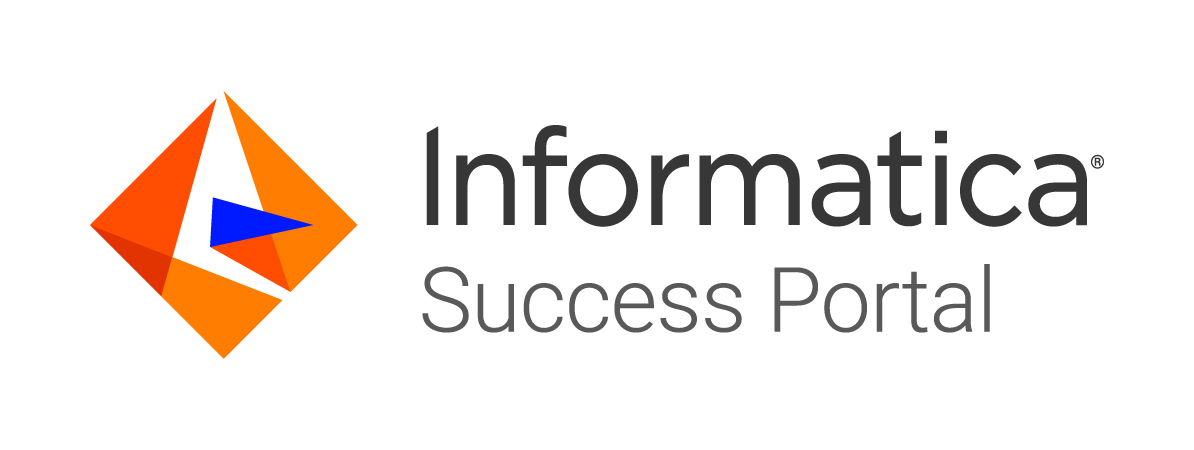-
Manage your Success Plans and Engagements, gain key insights into your implementation journey, and collaborate with your CSMsSuccessAccelerate your Purchase to Value by engaging with Informatica for Customer SuccessAll your Engagements at one place
-
A collaborative platform to connect and grow with like-minded Informaticans across the globeCommunitiesConnect and collaborate with Informatica experts and championsHave a question? Start a Discussion and get immediate answers you are looking forCustomer-organized groups that meet online and in-person. Join today to network, share ideas, and get tips on how to get the most out of Informatica
-
Troubleshooting documents, product guides, how to videos, best practices, and moreKnowledge CenterOne-stop self-service portal for solutions, FAQs, Whitepapers, How Tos, Videos, and moreVideo channel for step-by-step instructions to use our products, best practices, troubleshooting tips, and much moreInformation library of the latest product documentsBest practices and use cases from the Implementation team
-
Rich resources to help you leverage full capabilities of our productsLearnRole-based training programs for the best ROIGet certified on Informatica products. Free, Foundation, or ProfessionalFree and unlimited modules based on your expertise level and journeySelf-guided, intuitive experience platform for outcome-focused product capabilities and use cases
-
Library of content to help you leverage the best of Informatica productsResourcesMost popular webinars on product architecture, best practices, and moreProduct Availability Matrix statements of Informatica productsMonthly support newsletterInformatica Support Guide and Statements, Quick Start Guides, and Cloud Product Description ScheduleEnd of Life statements of Informatica productsMonitor the status of your Informatica services across regions
Custom attributes in EDC
Attributes are metadata properties extracted by scanners from various source systems, with system attributes predefined for default resource types. Users can create and configure custom attributes to meet specific business needs and assign them to resources. These custom attributes can be tailored to the search filters required in Enterprise Data Catalog, facilitating efficient metadata searches.
For example, creating a custom attribute like "Data Center Location" allows users to quickly filter resources by location in the catalog. When creating custom attributes, users must specify a name and data type, choosing from core types such as Decimal, Integer, Date, and Boolean, or extended types like User.
- Knowledge on the EDC platform.
- Users should have permission to create Custom Attribute.
- If the user is trying to create pre-defined values for Custom Attribute, then knowledge of Axon is needed.
- Understand the importance of Custom Attributes.
- Understand how to create Custom Attributes.
- Understand how to create a pre-defined drop-down list for Custom Attributes
- Understand the importance of having a custom attribute and how to configure the same in EDC.
- Architect/Administrator
- Developer
- Analyst
Ask An Expert
Feature Clarity
Enterprise Data Catalog
Ask An Expert
Implement
Adoption - Technical
Functional
AAE-EDC-006
Disclaimer
- All the topics covered in the Success Accelerators/Ask An Expert sessions are intended for guidance and advisory only. This is implicit and it will not be called out under the scope of each engagement.
- Customers need to include their relevant technical/business team members highlighted in each engagement topic to derive the best out of each engagement.
- Customers need to perform any hands-on work by themselves leveraging the guidance from these engagements.
- Customers need to work with Informatica Global Customer Support for any product bugs/issues and troubleshooting.
